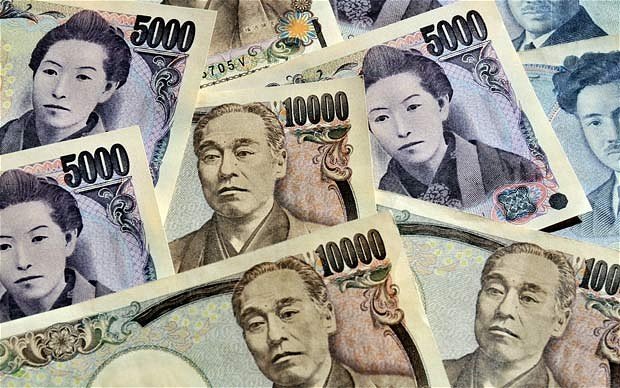
The Japanese yen has reached its lowest level since 2008 against the US dollar after the central bank began the latest round of its stimulus programme.
The yen fell as low as 98.85 against the dollar, before rebounding slightly.
Investors said the Bank of Japan’s plan to buy assets worth trillions of yen, which has government backing, would continue to weaken the currency.
As a result, the yen may break through the 100 mark against the dollar as early as this week.

“This has really shaken up many people’s attitudes toward the Bank of Japan and the new government,” said Andrew Wilkinson, chief economic strategist at Miller Tabak and Co in New York.
“It feels like it’s gathered a whole new momentum behind it, as the doubters have joined the bandwagon and it’s becoming a self-fulfilling prophecy.”
Last week, the BOJ said it would double the supply of the currency in the market.
The central bank added that it would be much more aggressive in pursuing a 2% inflation target to boost growth.
A weak yen helps Japanese exporters keep their products competitive, as well as boosting profits earned overseas.
On Monday, exporters helped push the main Nikkei 225 stock index 3.1% higher, before the gains were pared back in later trading.
[youtube IT1UNeGWgEc]